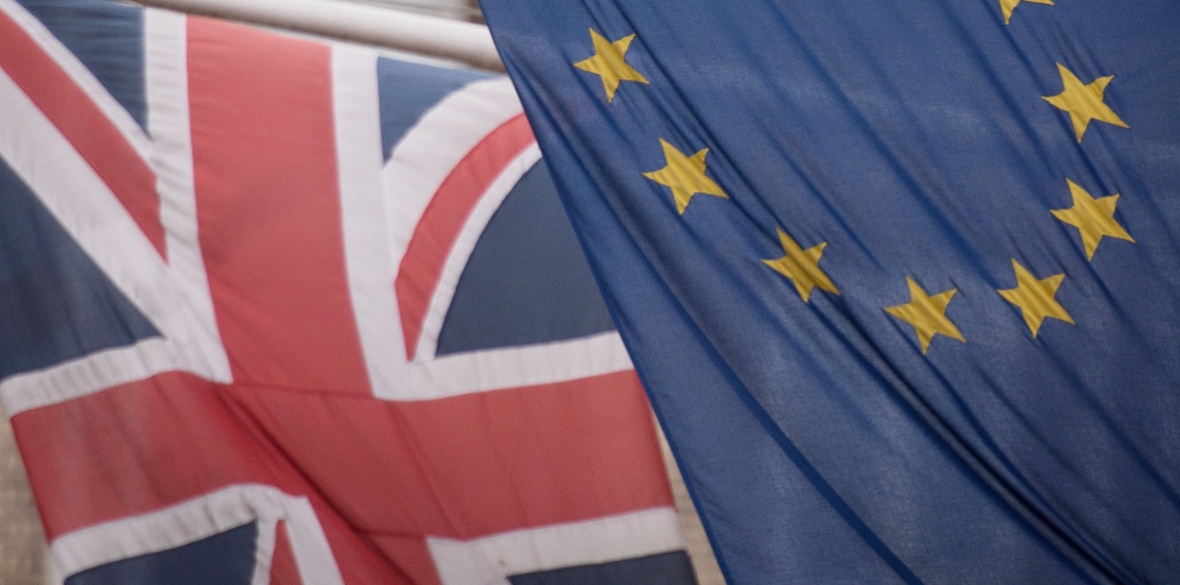This is the last article you can read this month
You can read more article this month
You can read more articles this month
Sorry your limit is up for this month
Reset on:
Please help support the Morning Star by subscribing here
JEREMY CORBYN in his speech of 26 February called for “a” customs union with the EU.
This should involve, he said, tariff-free access to the EU and incorporate all progressive EU legislation that defended workers’ rights, equalities, environmental protection and health.
On the other hand, it should not be subject to EU regulations that would prevent Labour’s ambitious plans for industrial regeneration, including state aid, the proactive use of public procurement or, where appropriate, comprehensive public ownership of public utilities.
This was why he argued for “a” customs union and not membership of either “the” EU customs union or the EU single market (membership of which is in fact mandatory for members of the EU customs union).
The current members of “the” EU customs union are all 28 member states together with the UK’s sovereign territories, including the Channel Isles, Gibraltar and the Isle of Man, and a number of mini-states such as Monaco and Liechtenstein. It does not include either Norway or Switzerland.
Norway is a member of the EU single market but not the customs union. Switzerland, where a referendum rejected single market membership, has a series of bespoke treaties with the EU that in sum come near to single market membership but not customs union membership.
Both countries are able to negotiate external trade deals of their own. For goods traded through Norway and Switzerland from outside the EU special arrangements are made.
In general these do not involve formal border checks and most border routes are open, although number plate recognition has recently been introduced for some crossings in Norway.
Members of the EU customs union cannot negotiate trade treaties of their own and are bound by all those negotiated by the EU, including the Comprehensive Economic and Trade Agreement with Canada (Ceta) which gives private corporations powers to sue governments in circumstances where their freedom to conduct business has been infringed.
Turkey has a partial customs union agreement covering most manufactured products, but not agriculture.
It is still bound to adhere to the EU legislative acquis/provisions on state aid and procurement for those sectors and is limited in its ability to strike trade deals with non-EU countries.
The EU single market, of which Norway is a member, involves compliance with a substantial part of the Lisbon Treaty (TFEU) legislation including:
- Free movement of goods, services, persons and capital (including the right of establishment)
- EU compliant rules on competition (including procurement rules)
- Compliance with EU Court of Justice case law including rulings such as Viking and Ruffert that restrict rights to strike action and the recent ruling that requires freedom to employ (used to evade the Norwegian dock labour scheme).
- No state aid or public ownership that distort competition
- Observance of EU legislation on consumer protection, company law and economic statistics (important for what is categorised as public and private in terms of spending by government-sponsored bodies)
- The payment of a financial contribution.
The single market does not require the adoption of EU regulations on:
- Direct or indirect taxation (specifically VAT)
- Agricultural or fishery policy
- Budgetary supervision and limits to borrowing and the rules associated with economic and monetary union.
The wording used by Jeremy Corbyn will leave the Labour Party free to negotiate a settlement with the EU that embodies all progressive EU rights and maximises trade freedom but enables the Labour Party to pursue the programme outlined in its election manifesto to address gross regional and national inequalities, to guarantee the rights of existing EU citizens in Britain and to ensure that Britain is free to develop a non-discriminatory policy for future migration.











